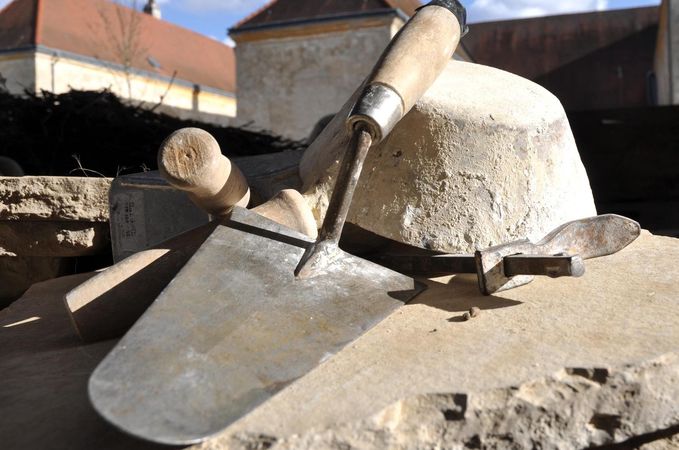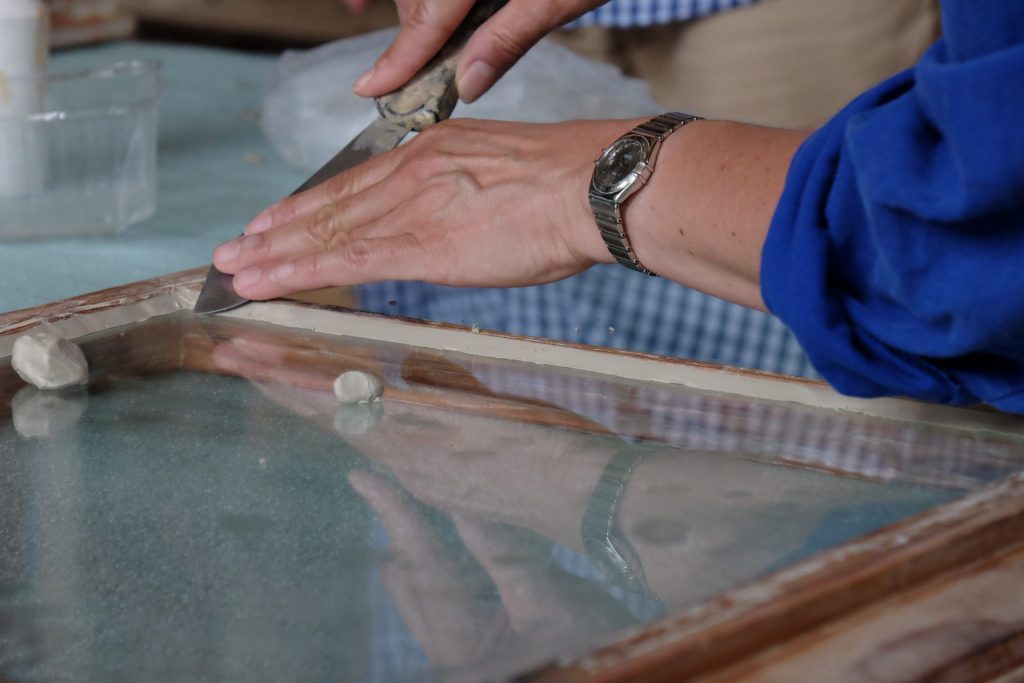In the last decade Cultural Heritage moved more and more into the centre of attention of the European Commission, while the Culture Programme stimulated and invested in European initiatives like Capitals of Culture, the European Year of Cultural Heritage, the European Heritage Label and other. A series of reports like OMC and strategies like European Cultural Heritage Strategy for the 21st Century have been developed and issued, which by now give a rather clear picture where Cultural Europe plans to be heading in the years to come.
The actual challenge now is to act and put things suggested into practice. This pilot project is seen by the applicant as a perfect opportunity to continue several streams of action taken over the last five years – building upon EU projects like MODI-FY, PRO-Heritage, RCIA as well as the European Heritage Label awarded to the Union of Lublin 2014 and to the Imperial Palace Vienna 2016 – and creating a strong sector combining Cultural Heritage & CCIs to the benefit of both and to increase employment opportunities as well as fostering the general idea of sustainable Cultural Heritage of Europe.

A quite knowledgeable and competent consortium consisting of Cultural Heritage experts, Creative Hubs, representatives of European Regions and Labour Market specialists is going to create a newly defined sector for Cultural Heritage by revising the current ESCO system and rebuild the EU Skills Panorama, while developing and implementing a series of innovative educational measures like sophisticated digital skills modules, initiating innovative projects and running a number of study visits, which complement the also foreseen workshops, thematic conferences and international stakeholder meetings. A structured peer-to-peer exchange programme and initiatives to preserve traditional craftsmanship by attracting young people to those shall guarantee the survival of skills at risk and assist Cultural Heritage asset in their permanent care, maintenance, and conservation.
INCREAS is involving the stakeholders (part of the Cultural and Creative Industries – mainly Cultural Heritage) and start from the need of the sector by defining relevant occupations based on the results of workshops with selected stakeholders and a dedicated survey. These results regarding occupations and competences/skills will then assigned to the occupations and competences/skills in the ESCO system. This could be leading to an adaptation of the ESCO data base.
Basically, CCIs are facing several challenges. First, a high degree of precariousness of employment and informality. Due to the often precarious nature of jobs in the sector, ‘creative workers’ often hold multiple jobs to secure against employment instability. However, secondary jobs often drop out from the national accounting systems. As a result, the true contribution of creative employment to the overall employment in the economy is probably underestimated. Additionally, some occupations will not be allocated to CCI or Cultural Heritage sector, mainly maintenance work on Cultural Heritage sites. Second, skills in the CCI and Cultural Heritage sector are underdeveloped. There is already a huge gap between the sector requirements and skills of the workers (for instance: How to maintain traditional buildings).

Searching for statistical data about Cultural Heritage is still a challenge. Even if you restrict your research to traditional buildings you will find that the age categories are not the same in the European countries. To make this matters worser, the change from the traditional to the modern construction method happened at different times throughout Europe. All these factors reduce the comparability and statistical significance of the data which are available. INCREAS should also contribute to facilitate the availability and significance of data for the Cultural Heritage Sector.